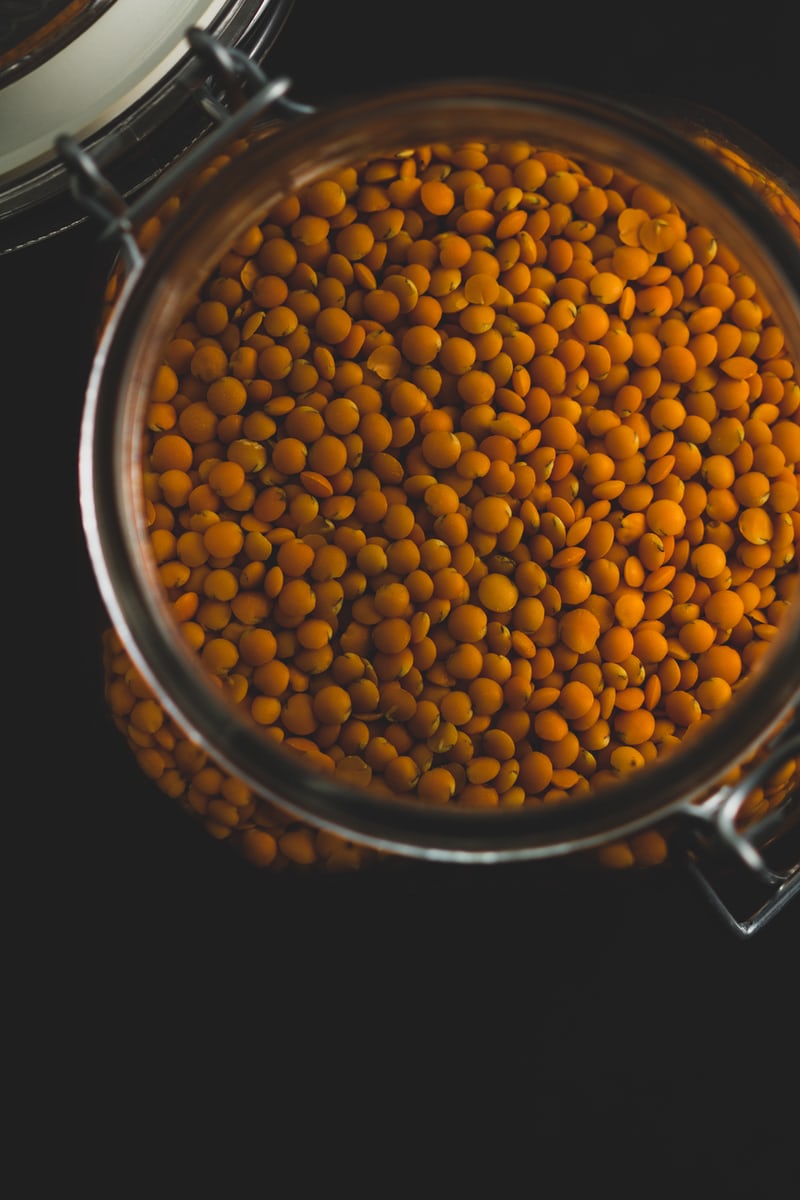The term "nightshades" is tossed around from time to time, but....
What about Lectins?
Lectins, commonly known as nightshades are dietary proteins that are found in most plants, legumes, and grains. Some have a higher content compared to others. Dietary lectins have potent anti-nutrient properties that affect the permeability of the gut. They increase gut permeability which in turn then allows an increase in dietary antigens and gut-derived antigens to enter the periphery. Lectin and gut-derived antigens to enter the periphery. Lectin sensitivity can be linked to leaky gut syndrome and SIBO.
Let's break it down. What happens when we consume them?
When one consumes a food product that has a higher lectin content the lectin protein binds to surface glycans on the "brush border" epithelia cells. The binding to this brush border may cause damage to the "brush" or villi. The structural damage may result in an increase in permeability and inflammation depending on the person and their sensitivity.
How common is it for someone to have a sensitivity to lectins?
With the increase in gut health awareness, the prevalence of lectin sensitivity is on the rise. Those who are diagnosed with leaky gut syndrome showed to have a high sensitivity to high lectin foods and found when they eliminated them from their diet, their symptoms improved by over 50%. With the help of CorePerform, you can determine your specific sensitivities!
Foods high in lectins
- Tomatoes
- Potatoes
- Peppers
- Wheat
- Peanuts
- Soybeans
What do I do now?
- Research: Know the foods that have a high lectin content.
- Consult your Physician: If you have symptoms such as bloating, flatulence, abdominal pain, constipation, belching, diarrhea. nausea or some of the more severe symptoms such as fatigue, headache, joint pain, confusion, or a tingling sensation, consult your physician immediately. Genetic testing can be performed to rule out if you have the affected genotype/allele.
- Keep a food diary: As we do with CorePerform, the best option, and cheapest way to determine if you have a sensitivity is to keep a food diary of foods consumed and how you felt immediately, hours, and 24 hours after consuming them. Note every symptom if you simply just were feeling "off." Go back and then look at trends. Obviously, every food that contains lectins will NOT cause your body to have a response, but it could be the main culprit to many of your digestive ailments.
Different Types of Plant Lectins
- Legume Lectins: Beans (specifically red kidney, peas, lentils, and peanuts)
- Cucuritacae lectin: Cucumber, melons, squashes
- Prolamins: Wheat and Gluten
- Agglutinin: Soybeans
Source: Cordain, L., Toohey, L., Smith, M. J., & Hickey, M. S. Modulation of immune function by dietary lectins

